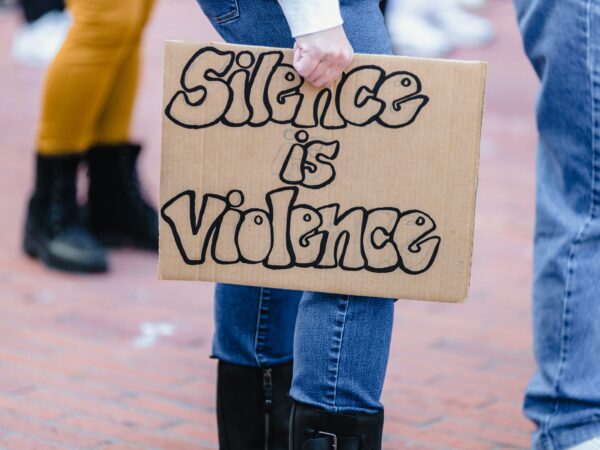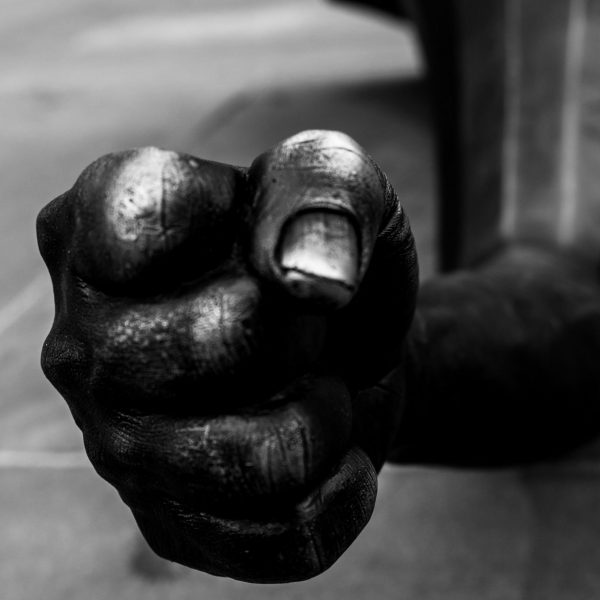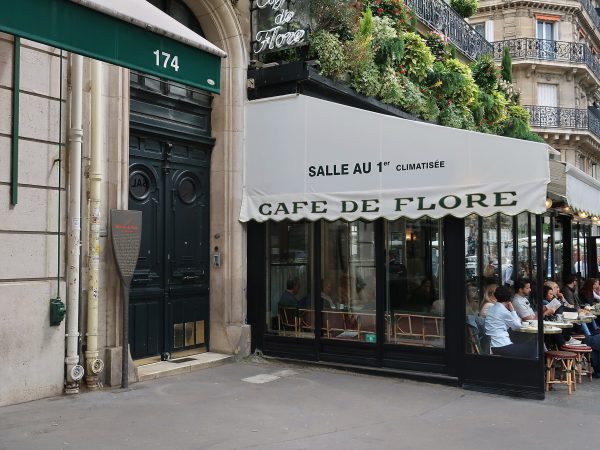
Rather than starting from a diagnostic superficiality of her image, a seemingly inevitable lure as evidenced by the myriad books about Weil that display her photo on their cover, when we really dwell with Weil’s writing in relation to her self-fashioning, what emerges is how profoundly she sought a more engaged connection with the world.
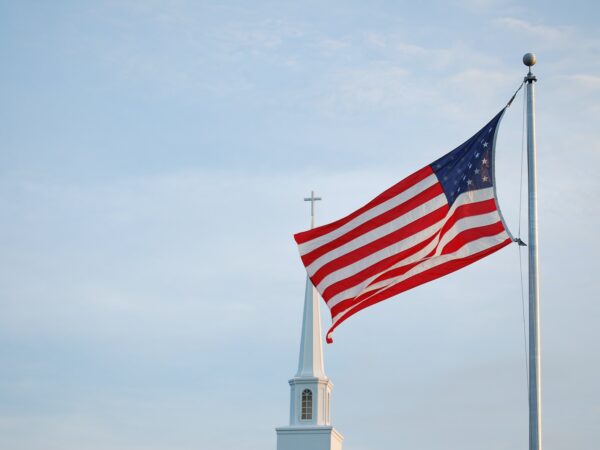
God’s call is not to engage in politics of personal power or self-service, but engage in a politics of liberation, one that ends the idolatrous hold on power so many have.

The God present in the book of Jonah is a God who never gives up hope on anyone, even those who have perpetrated the worst evils. Also, the God present here is a God who demands that we repent thoroughly, completely, and without reservation. This is not a cheap reconciliation, but a very costly one indeed.
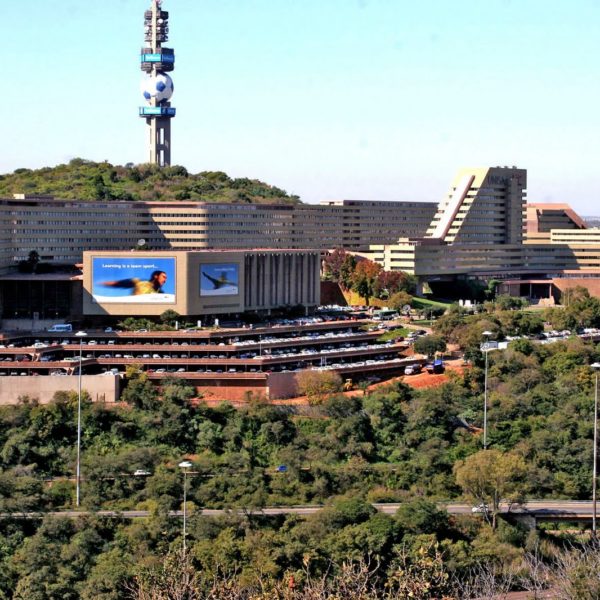
In collaboration with the Voice and Voicelessness Project, UNISA, the Transatlantic Roundtable on Religion and Race will be sponsoring a conference, July 10-16, 2014, in Praetoria, South Africa, investigating “Social Struggle and Faith-Based Activism in ‘Black Empowerment’ Times.”
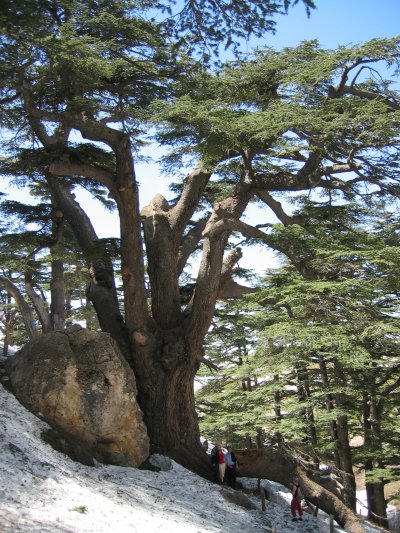
Isaiah 35:1-10 is a hopeful final statement to First Isaiah. Bringing together images of nature leading the way into a new world and release from political oppression, it continues to resonate in our contemporary situation.

